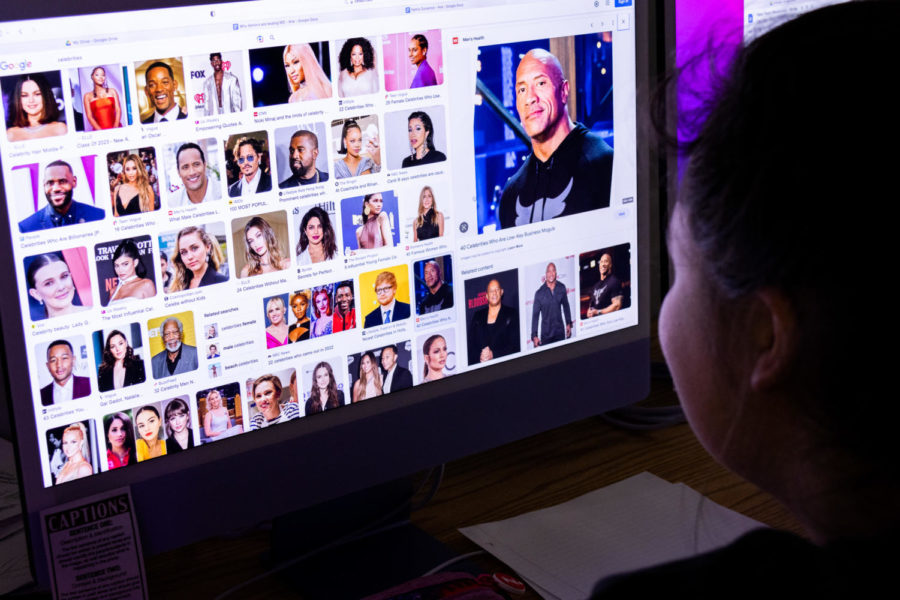A Chronically Online Influence
Influencers have existed well before the internet. Rock bands, actors and singers were all famous based on how much of an impact they made on the general population. Nowadays the term is used for fashion Instagram pages or Twitch streamers, but the significance they hold over us has yet to waver.
That continued significance may be changing though as more and more people become “exposed”. It’s not uncommon to hear about a YouTuber being accused of grooming, or a band’s drummer being inappropriate around women. This increase in calling someone out , whether true or not, may be affecting the way we continue to view other influencers.
Take Ned Fulmer’s case for example. He built his entire brand on how much he loved his wife and was known to be this wholesome sort of guy. It’s then revealed that he’s been cheating on his wife and the curtain was pulled from his facade. People then began making videos showcasing all of the “warning” signs we missed. Video clips that once made people laugh and smile suddenly turned into sullen foreshadowing of Ned’s unfaithful actions with titles including “Ned moments that aged HORRIBLY” and “Top 10 Clues That Try Guys Ned Fulmer Was A CHEATER”.

There’s always been the thought that influencers only let you see what they want you to see, but consumers tend to ignore it, hoping their favorite influencers are “good” people. With instances like Fulmer’s, it’s hard to put continued trust into others, especially when there are so many examples of people who weren’t exactly family friendly. A slew of Minecraft YouTubers, band members, sports players, and even Tiktokers all have exposé videos showcasing their misdeeds ranging from racist comments to federal crimes.
One person who does not follow this trend is Trisha Paytas. Paytas is an influencer who has found herself in controversies like faking DID and pretending to be transgender, but yet she has 5 million subscribers on Youtube with many more across platforms.
The big deciding factor between continued influence and follower fall off is the initial expectation. People expected Fulmer to be the wholesome, family friendly husband that he made himself out to be. Few people expect Paytas to not be controversial as that has become her brand. Similar to Andrew Tate or Howard Stern, she has found her popularity by trying to be as outlandish as possible.
From a young age, some of my favorite content creators had fallen into this category. L for Lee, Shane Dawson, Skydoesminecraft; all different influencers who couldn’t keep up with the image they had made. While their images were never picture perfect, I didn’t see the person behind the camera, instead I saw the character they performed.
The big turning point for me was probably Shane Dawson. I was old enough to understand what was going on and I felt guilty for supporting him. From that day on I’ve been skeptical of content creators, always worried that one day my favorite creator would turn out to be a monster.
What I ignored was the fact that influencers only survive with continued support which leaves the responsibility to me and every other consumer. We get to choose who does and doesn’t get a platform, but giving bad people views just to hate on them is just as bad as supporting an influencer, an ideology many people seem to forget.
Your donation will support the student journalists of Francis Howell Central High School. Your contribution will allow us to purchase equipment and cover our annual website hosting costs. FHCToday.com and our subsequent publications are dedicated to the students by the students. We hope you consider donating to allow us to continue our mission of a connected and well-informed student body.






